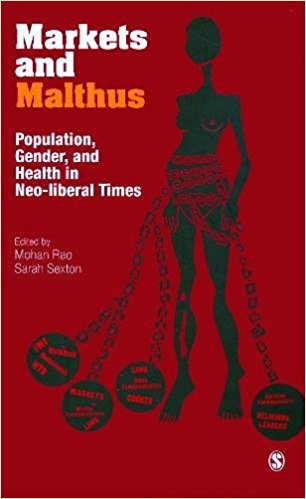In 2004, I went around the research institution where I work in search of a discussant for a paper on the historical shaping of public consent for family planning in 20th century Kerala. This was interdisciplinary work which reexamined some of the received wisdom of demography pertaining to Kerala from a critical historical perspective. Many senior colleagues skimmed the title, and finding ‘family planning’ in it, suggested, ‘Find a demographer’! So I sought out demographers, who read snatches from the paper and stared at me in disbelief, as if it was blasphemy to historicize hallowed ideas such as the ‘demographic transition’.
It is readily apparent that the authors who have contributed to the volume under review do not subscribe to such piety. Therefore, to me, it represents more congenial company. Academic research on population management had travelled, even in 2004, far from the once-unshakeable statist, quantitative, Eurocentric truths, but large sections of the academia are yet to acknowledge this shift.

